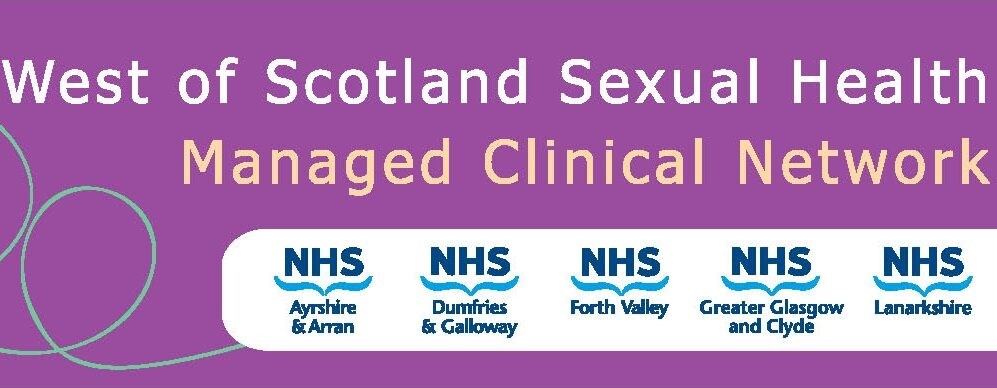All patients diagnosed with chlamydia should be:
- advised to avoid genital, oral or rectal sex until patient and partner have completed treatment (or wait 7 days after completion of treatment if treatment was azithromycin). If a test of cure is indicated (see ‘Test of Cure’ section) patients should abstain until they are in receipt of a negative result.
- encouraged to have testing for other STIs including HIV, syphilis and where indicated tested for hepatitis, and offered hepatitis and HPV vaccination. If the patient is within the window periods then tests should be repeated at an appropriate interval.
- given detailed information on the natural history of chlamydia infection, as well as transmission, treatment and complications, and directed to clear accurate written or web based patient information.
NHS Inform (Scotland’s National Health Information Service): www.nhsinform.scot/illnesses-and-conditions/sexual-and-reproductive/chlamydia/
NHS Inform (Scotland’s National Health Information Service): https://www.nhsinform.scot/illnesses-and-conditions/sexual-and-reproductive/lymphogranuloma-venereum-lgv
The British Association of Sexual Health and HIV produce leaflets on Chlamydia and LGV available in print and screen versions:
https://www.bashh.org/resources/48/chlamydia
https://www.bashh.org/resources/57/lymphogranuloma
Structured discussions should take place with patients diagnosed with chlamydia on the basis of behavioural change theories to address factors that can reduce risk taking and improve self efficacy and motivation. In most cases this can be a brief intervention discussing condom use and re-infection. Some patients may require more in-depth risk reduction work and referral to a healthcare worker competent in motivational interviewing.
